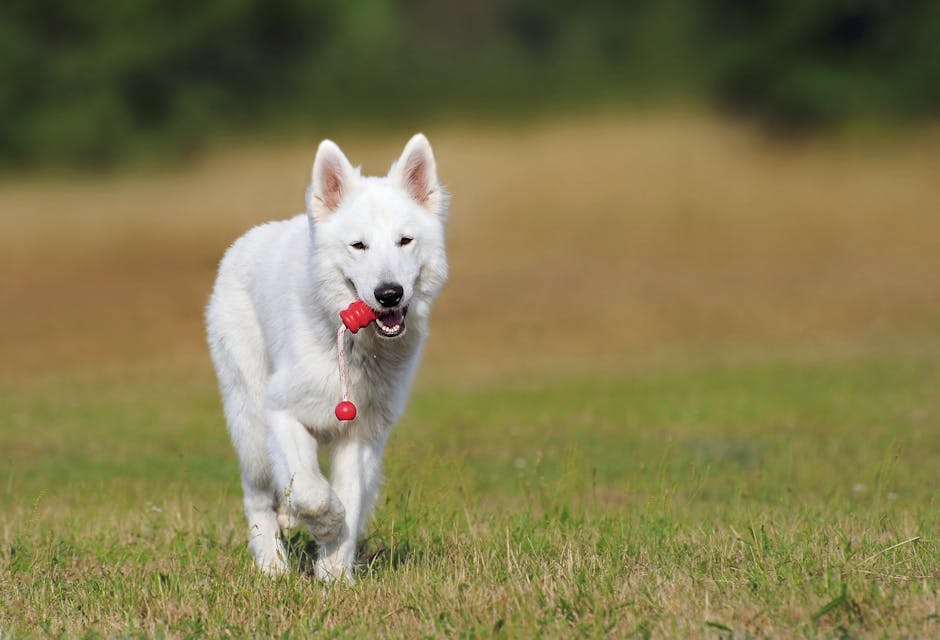In the world of human-animal companionship, few bonds are as profound as that between a person and their canine companion. Whether you're welcoming a new furry friend into your home or seeking to enhance your existing relationship, dog training is an indispensable tool for fostering a harmonious and fulfilling partnership.
Like any endeavor, dog training requires patience, consistency, and a deep understanding of your dog's unique needs and temperament. By employing positive reinforcement techniques, you can effectively teach your dog desired behaviors while building a strong and trusting bond.
**Positive Reinforcement: The Key to Success**
Positive reinforcement is a fundamental principle in dog training. It involves rewarding your dog with treats, praise, or play whenever they exhibit the desired behavior. This approach helps your dog associate positive consequences with specific actions, increasing the likelihood of them repeating those behaviors in the future.
**Consistency is Vital**
Consistency is paramount in dog training. Your dog needs to know exactly what you expect from them and how their actions will be rewarded or corrected. Avoid changing rules or expectations, as this can confuse your dog and hinder their learning progress.
**Tailor Training to Your Dog**
Every dog is different, with unique learning styles and motivations. Observe your dog's behavior and preferences to determine the most effective training methods for them. Some dogs may respond best to treat-based rewards, while others may prefer verbal praise or play.
**Start with Basic Commands**
Begin your training journey with basic commands such as "sit," "stay," "come," and "down." These commands establish a foundation for more advanced training and provide essential control over your dog's behavior.
**Socialization and Obedience**
Socialization is crucial for developing a well-rounded and balanced dog. Expose your dog to various people, animals, and environments to help them learn appropriate social behaviors. Obedience training, such as loose-leash walking and heeling, ensures your dog's safety and control in different situations.
**Beyond Basic Training**
Once your dog has mastered basic commands, you can explore advanced training options such as agility, obedience competitions, or specialized skills like therapy or service work. These activities provide mental and physical stimulation for your dog while strengthening your bond.
**Professional Assistance**
If you encounter challenges or have specific training goals, consider seeking the guidance of a professional dog trainer. Certified trainers can provide personalized advice, conduct assessments, and help you develop a customized training plan that meets your unique needs.
Remember, dog training is an ongoing journey that requires patience, consistency, and a deep understanding of your canine companion. By embracing positive reinforcement, tailoring training to your dog's individual needs, and seeking professional assistance when necessary, you can unlock the magic of a fulfilling and harmonious relationship with your furry friend.
